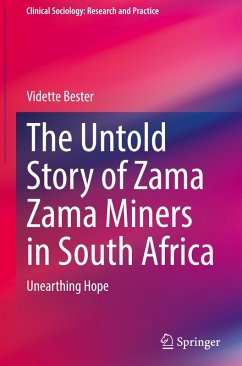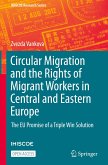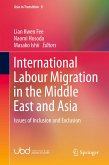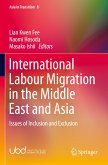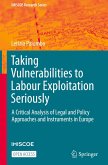This book results from a decade of in-depth research on the complexities of Zama Zama mining in South Africa, which has become a pressing issue of late. It critiques the overly simplistic portrayal of the miners negatively and as illegal immigrants. Through a sociological lens, this book explores the broader socio-economic conditions, the profound impact of South Africa s mining history, particularly the migrant labor system, on today s Zama Zama miners, and the role of women in the sector. This book is not just about mining; it interrogates issues around language, poverty, and power. It challenges dominant societal narratives and examines how labels can further marginalize vulnerable groups. Inspired by the works of Pierre Bourdieu and Michel Foucault on classification and language, the book questions who holds the power to label and shape mainstream discourses. Amplifying the voices of the Zama Zamas themselves, the book transforms the conversation around Zama Zama mining in South Africa and beyond, providing fresh insights into this complex and marginalized sector. This book is more than an original and insightful study on informal mining it offers practical initiatives for businesses, government, and civil society to engage with and address this marginalized sector more sustainably.
Bitte wählen Sie Ihr Anliegen aus.
Rechnungen
Retourenschein anfordern
Bestellstatus
Storno

